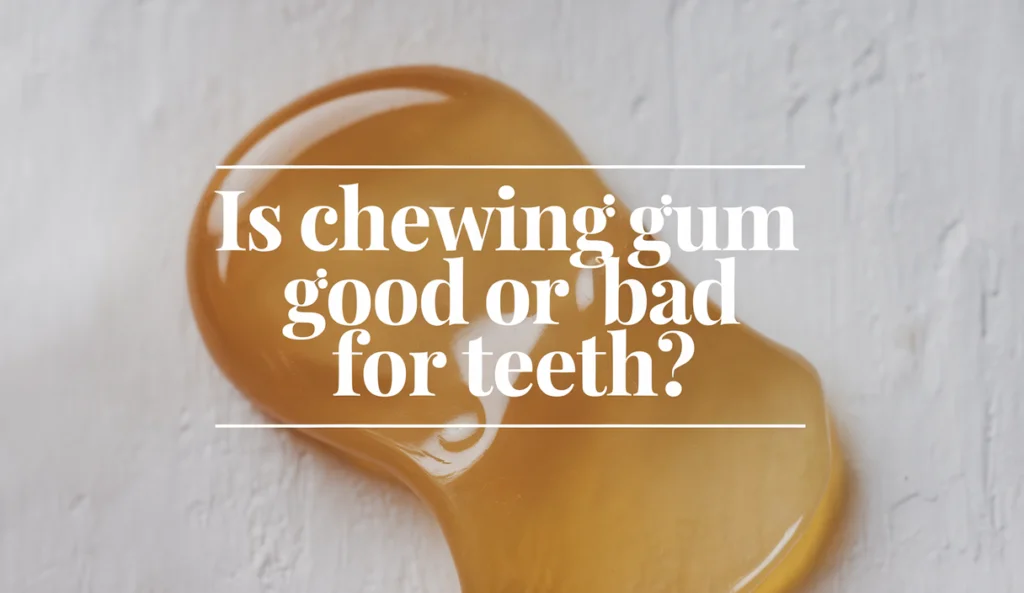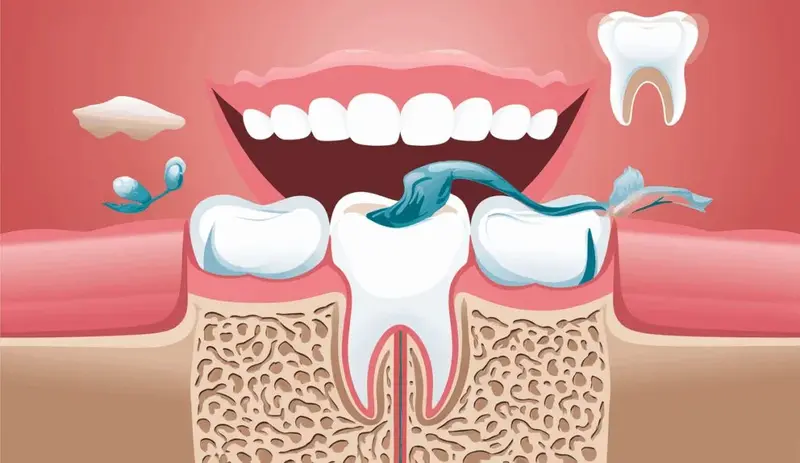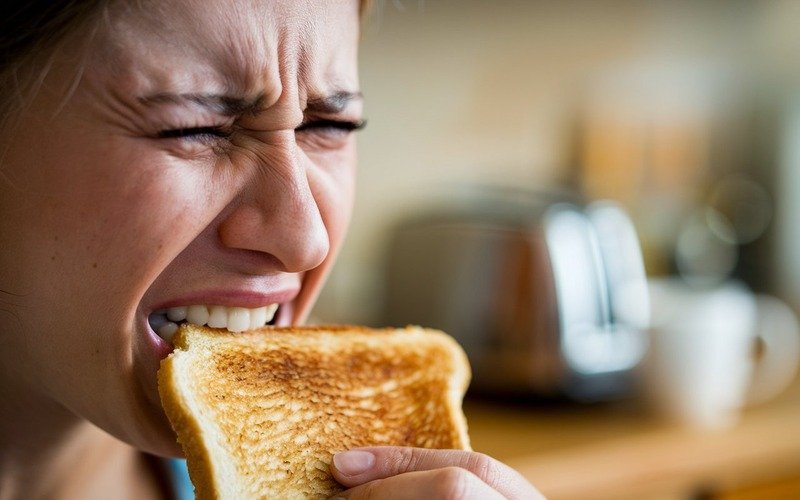
You know that moment when you’re standing in the checkout line, staring at rows of colorful gum packets? Maybe you’re wondering if popping a piece is actually good for you or just another mindless habit.
Your grandma probably told you gum would rot your teeth, but modern science has some surprising things to say.
The truth about chewing gum is way more complicated than the simple “yes” or “no” most people expect. Some types of gum can actually be a total game-changer for your dental health – while others might be doing more harm than good.
Not All Gum is Created Equal: What’s Really in Your Pack?
Let’s have a conversation about gum-that little square of flavor we often plop in, almost without thinking. Not all gum is made the same, though, and what you chew can really make a difference when it comes to your oral health. Traditional, tooth-rotting, sugar-loaded gums are just that-nothing but sugar bombs.
But the gum we’re concerned with today doesn’t have sugar. Chewing with these ingredients isn’t going to harm you. Here are the two biggest dos and don’ts.
The Ingredient List Matters
The ingredient list is where the real magic occurs. Sugar-free chewing gums usually contain artificial sweeteners like xylitol or sorbitol, which don’t contribute to cavities. In fact, these sweeteners could be described as protective.
They make your chewing gum sweet without making your teeth rot. Chewing traditional gums, on the other hand, could be doing just the opposite. If you must use a sweetener, use one that doesn’t promote tooth decay.
The Surprising Dental Benefits of Chewing Gum
Something most individuals don’t understand is that chewing gum is akin to a workout for the mouth’s natural defense system. When one chews, one stimulates the production of saliva-and saliva is the cleaning superhero of the mouth. It’s like having a tiny janitor constantly at work in the mouth, keeping teeth clean and fortified.
Pretty incredible things are done by saliva. It neutralizes acids that can erode tooth enamel; it helps wash away food particles; and it contains minerals that can actually help repair early tooth damage.
Of course, the not-so-incredible action of simply chewing can also help dislodge food that’s stuck between your teeth, providing a not-so-mini cleaning session after meals.
You May Like: How Long Will Your Dental Fillings Last?
When Gum Becomes a Potential Problem?
Therefore, what does this mean for you? Chewing gum can be good for you, but there is such a thing as too much of a good thing. There can be negative consequences if you constantly chew gum. One of those is that you can mess up your jaw.
The temporomandibular joint (TMJ) is crucial for opening and closing your mouth. TMJ is one of those things you don’t think about until something goes wrong. Some people are prone to TMJ disorders regardless of how much gum they chew.
Moreover, not every sugar-free sweetener is the same. Some can lead to digestive problems or other questionable health outcomes.
When it comes to gum, you’re often better off choosing a product that doesn’t contain artificial sweeteners. And if you’re even a little unsure about what’s in your gum, just pay attention to how your body feels after you chew it.
Picking the Right Gum: What Dentists Actually Recommend
When purchasing chewing gum, few key aspects ought to be considered. A natural sweetener that actively combats bacteria, xylitol is what dental professionals at LifeWorks Dental recommend as an ideal gum ingredient.
The seal indicating a gum has been approved by the American Dental Association is another great indicator of gum that is friendlier to teeth.
Some of the brands that come most often recommended include:
- Trident
- Orbit
- Ice Breakers
- Pur Gum
How Much is Too Much? Finding the Perfect Balance
Moderation is crucial. The majority of dental experts recommend that you chew gum for only 10-15 minutes after eating. It is particularly beneficial to use gum when your mouth is at peak acidity, just after a meal. However, children and those with certain dental conditions should get the green light from their dentist at our convenient location before popping in a piece of gum.
Masticate thoughtfully, elect sagely, and your dental structures will express gratitude. Just bear in mind that chewing gum is an adjunct to, not a substitute for, the regular brushing and flossing of your teeth.
Chewing gum isn’t some magic dental cure-all, but it’s not the villain your parents might have made it out to be. With the right approach, it can actually be a small but mighty tool in your oral health routine. Just remember – moderation is key, and always check those ingredients.
Next time you’re eyeing that pack of gum, you’ll know exactly what’s going on. Your teeth (and breath) will thank you.






